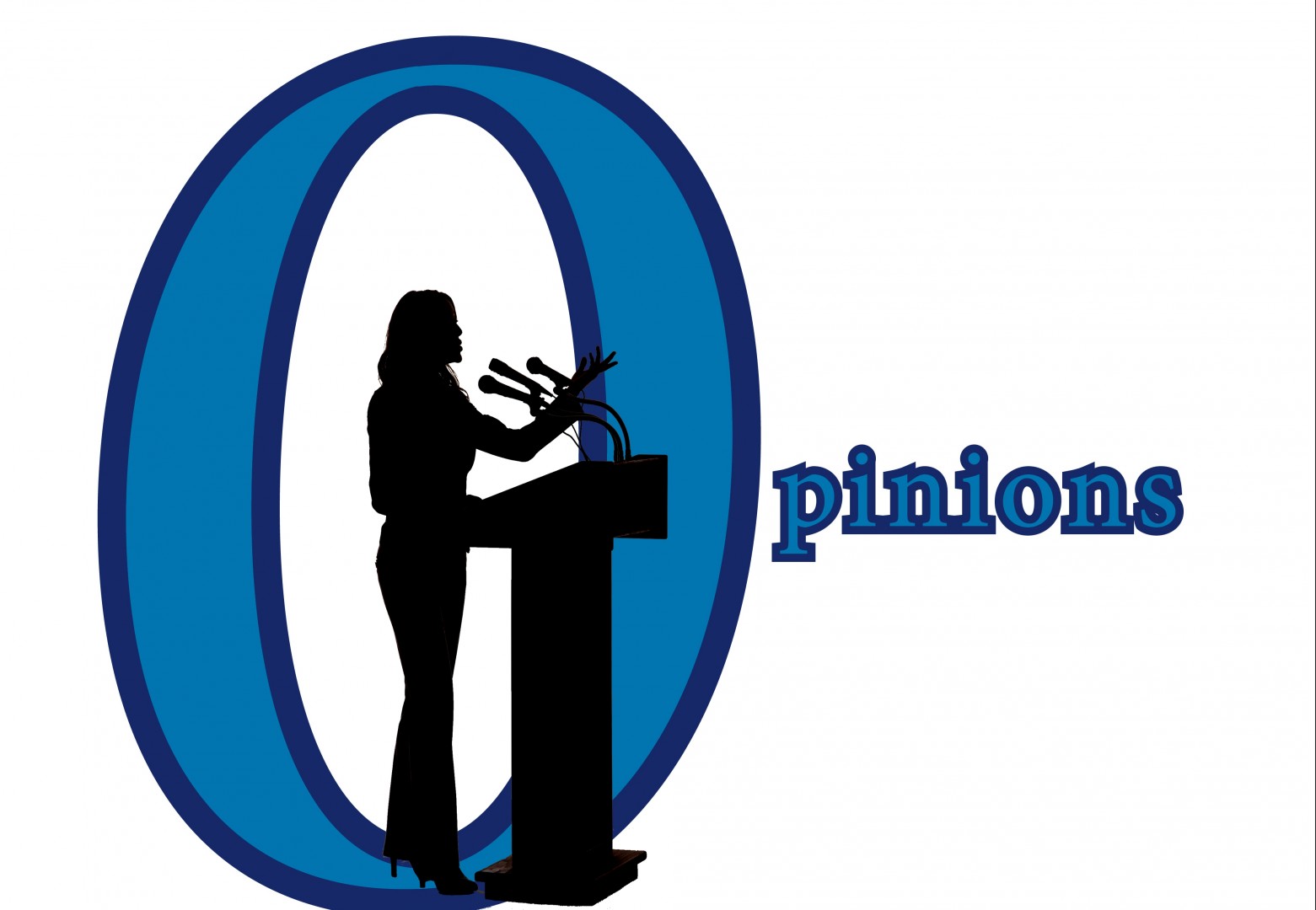Variety is the spice of life, they say – but we can’t all handle as much spice as we’d like to think, and too much choice can sometimes be a nothing but a headache. This is the case with programs of study at DU – adding more majors and minors would only befuddle already-confused teens and twenty-somethings entering college.
In addition to causing confusion, more majors will do little in expanding our almost infinite choices of study while doing nothing to impress future employers.
When I enrolled at DU in 2010, there were 68 majors offered and more than 15 areas of study offered only as minors – and this has only increased in the past three years.
Almost-seventy majors may fall short of coursework offered at other universities; however, given that DU students are required to have one major and one minor, at minimum, it lends itself to almost endless combinations. In fact, a quick statistical analysis shows that the permutation of a set of two courses of study (one major and one minor) with 68 choices leads to well over 4,000 combinations.
Now, imagine your options with two majors and two minors – no matter what way you adjust the calculations, options jump into the millions.
This can lead to what economists call the “paradox of choice,” which occurs when “choice no longer liberates, but debilitates. It might even be said to tyrannise…the fact that some choice is good doesn’t necessarily mean that more choice is better,” writes Barry Schwartz, author of “The Paradox of Choice.” The theory goes that when making a decision becomes too complicated, it is no longer an advantage to the consumer. As consumers of a college education, this is exactly what we are faced with when we walk in as green freshmen to a laundry list of majors.
In fact, most college students will agree that the decision of what to major in is anything but straightforward: A 2005 CNBC article states that more than 50 percent of college students change majors during college.
With a struggling job market, rising college costs and existential crises to boot, the last thing most 20-year-olds need is more decisions to make.
Further, it is unlikely that future employers will recognize the difference between the political science major you have now, and the “theory of political economies” major that you desire. Anyone who has made a resume can attest that there is one line reserved for your degree and GPA – and the rest of a page dedicated to your work experience and skills.
Firms hire accounting majors because they know they have skills – such as using Microsoft Access. An English or History major simply signals “ I can write” to their employer – whether or not you took “Theories of Rhetoric” or “Survey of Jane Austen.”
Ultimately, if students are looking to get skills that set them apart in a specific job market, they should look to cultivate skills outside their curriculum, such as internships and certificate programs.
You can do things like learn how to program or speak Italian without a degree for it. And if it’s academic exploration that students seek, there are many interdisciplinary majors and minors, such as integrated sciences and socio-legal studies, that pull from several fields to allow students to have a customizable and flexible educational experience.
Adding majors will just add cost and confusion to the university experience, with little personal or professional payoff – I know I can speak for several when I say that deciding where to apply to grad school, how to pay the rent, what classes to take and where to do my laundry are enough to keep me busy for four solid years.











